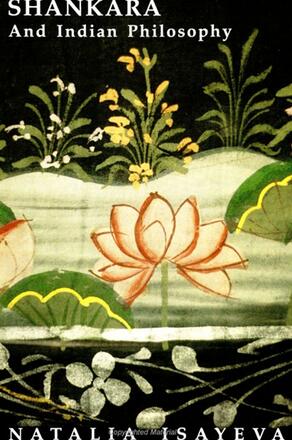
Shankara and Indian Philosophy
Alternative formats available from:
Description
According to Advaita-Vedanta, God or Brahman is identical with the inner self (the Atman) of each person, while the rest of the world is nothing but objective illusion (maya). Shankara maintains that there are two primary levels of existence and knowledge: the higher knowledge that is Brahman itself, and the relative, limited knowledge, regarded as the very texture of the universe. Consequently, the task of a human being is to reach the absolute unity and the reality of Brahman—in other words, to reach the innermost self within his or her own being, discarding on the way all temporary characteristics and attributes.
Since taking her Ph. D. from Moscow University, Natalia Isayeva has been a researcher at the Institute of Oriental Studies in Moscow (Academy of Sciences of the USSR).
Reviews
"The book is extremely interesting and easy to follow. It will be a landmark work in the study of Shankara. No one else in the last fifty years has had the courage to tackle the whole of Shankara's work in the context of India's other philosophical traditions. The comparisons with other Indian traditions are often brilliant and the comparisons with modern Western thinkers illuminating and suggestive.
"Well-organized, clear, and coherent, it builds on the work of other Indologists, proceeding by way of analysis of original texts. By comparing Shankara's thought first with the thought of those systems most alien to it (for example, Lokayata and Sarvastivada), the larger context and picture of Advaita comes clearly into view. By then going on to compare Shankara with allied traditions (for example, Mimamsa Vishishthadvaita, and Dvaita Vedanta), the subtleties of his thought are brought out. Throughout, the reader gets a sense of the lively encounter of ideas that characterize the development of India's philosophical traditions. " — John Koller